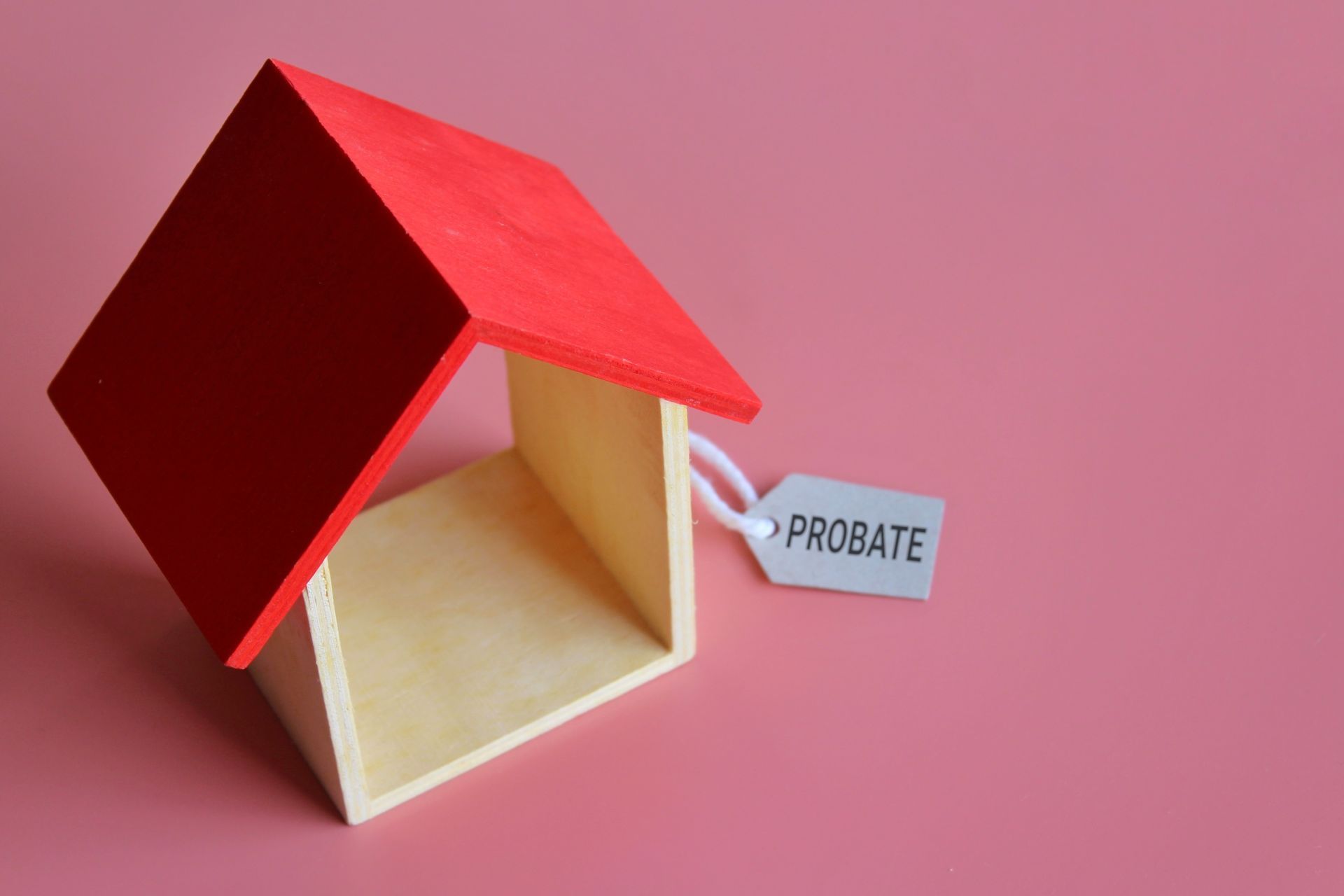9 Misconceptions About Durable Power Of Attorney
We make important financial decisions every day without even knowing it. But what if you suddenly lost this ability? What would happen?
Despite all the preparation, unexpected things can happen. For instance, you could end up injured in a car accident or develop a condition that affects your mental capacity. While you can’t prevent this, you can certainly safeguard your rights if such a scenario occurs by creating a durable power of attorney.
So, let’s see what is a durable power of attorney and dive deeper into common misconceptions many have about this legal document.
What Is A Durable Power Of Attorney?
Broadly speaking, a durable power of attorney is a legal document used to grant another person the authority to act on your behalf. This person is referred to as an agent, and you can choose anyone you want: from your spouse or parent to an attorney.
The basic version of the power of attorney becomes ineffective once you become incapacitated. However, a durable power of attorney continues even after your incapacitation. Thus, they’re
great estate planning tools used by many Florida citizens.
Despite the word “durable” being in the name, this type of power of attorney also expires at death. So, in addition to learning what a durable power of attorney is, you should also consider learning about other estate planning tools, such as
living trusts.
Durable Power Of Attorney Misconceptions
The question of what is a durable power of attorney seems straightforward, but there are plenty of misconceptions and myths about this type of power of attorney.
Here are some of the most common ones:
1. It’s Only Effective During Incapacitation
Contrary to popular belief, durable power of attorney is not only effective during the principal’s period of incapacity; it goes into effect upon signing.
There are many instances where the agent abuses this power because the person writing the document had no idea they were giving away a part of their rights. This is why it’s important to give this power to someone you can trust.
2. Agent’s Powers Are Inherently Broad
Free online durable power of attorney forms give off a wrong impression about the overarching abilities of this document. According to Florida law, powers not implicitly mentioned in the documentation are considered to be omitted deliberately. In other words, important decision-making powers such as the ability to establish trusts or make gifts are only available if explicitly included by the principal.
3. There’s No Statutory Durable Power Of Attorney Form
In Florida, there is no single statutory durable power of attorney form. Still, this doesn’t mean there are no rules about the creation of this document. There are strict standards for all parts of the process, including notarization, execution, and witnessing. In other words, even if there’s no singular form, if your document fails to adhere to strict legal standards, it will be considered invalid.
4. Financial Institutions Are Legally Obligated To Accept The Power Of Attorney
Despite the fact a durable power of attorney is a powerful document, not all financial institutions will honor it because they’re not legally required to do so. There may be liability issues, and some may even have strict rules about the age of the document and may reject older documents.
To make sure the power of attorney is honored, submit a copy of the document to the relevant institutions upon signing. In addition, you should review your estate planning documents every three years or after major life events to make sure your power of attorney is accurate and relevant.
5. Co-Agents Are Better Than A Single Agent
Any article that describes the basics of what a durable power of attorney is will recommend you assign two agents. While this is good on paper, having two agents require them to act together can be potentially problematic if they can’t agree on certain issues.
For example, if you appoint both your children as agents, suppose one wants to sell a certain piece of property while the other one is against it.
Chances are, your interests will become secondary in the scenario, which in a way defeats the entire purpose of having a durable power of attorney in the first place.
6. Power Of Attorney Can Be Used After Death
As we said earlier, the name durable power of attorney is often misinterpreted, and all power of attorney documents expire when the principal passes away. The personal representative assigned in your will takes over your estate when this happens.
7. Power Of Attorney Is Valid In All States
While a financial institution in another state may accept the durable power of attorney document, considering all states have different sets of rules, you should never bet on this. In fact, some financial institutions in Florida are selective about documents created in Florida, so it’s safe to assume that they’ll reject out-of-state documents.
8. Durable Power Of Attorney Is Good For Medicare And Social Security
This is false. Even though many people wrongfully assume their agent will be able to handle their Social Security or Medicare matters, the process will look quite different. Both agencies will appoint a payee if you’re incapacitated - this could be a friend, a family member, or a care organization.
9. Durable Power Of Attorney Protects You From A Guardianship
Your agent is authorized to handle your affairs, so it should technically fully protect you from falling into a guardianship. There’s a small catch, however. Power of attorney doesn’t prevent you from acting on your own behalf even if you’re no longer mentally competent.
Put differently, your agent can’t prevent you from making destructive decisions. Your loved ones may still petition the court to declare you incompetent and force you to relinquish control. If this happens, you’ll use your decision-making rights, and the agent will continue acting with no intervention from the court.
In Closing
A durable power of attorney is an extraordinary estate and life planning instrument, but it’s not without its flaws. This doesn’t mean you shouldn’t use it in your estate plan; rather, you should consult an attorney who will inform you of additional steps you can take to protect your and your family’s interests in life and death.
Here at
Doane & Doane, we help many Florida citizens ensure the best outcomes through effective and unique estate plans. As one of the biggest names in the Florida legal scene, we offer a rare mix of compassion and an unprecedented level of expertise available to you at a fair price.
Start planning for tomorrow - call 561-656-0200 or fill out
our contact form.
Note:
The information in this blog post is for reference only and not legal advice. As such, you should not make legal decisions based on the information in this blog post. Moreover, there is no lawyer-client relationship resulting from this blog post, nor should any such relationship be implied. If you need legal counsel, please consult a lawyer licensed to practice in your jurisdiction.
Disclaimer: The information on this website and blog is for general informational purposes only and is not professional advice. We make no guarantees of accuracy or completeness. We disclaim all liability for errors, omissions, or reliance on this content. Always consult a qualified professional for specific guidance.
RECENT POSTS






